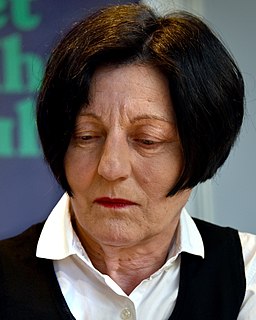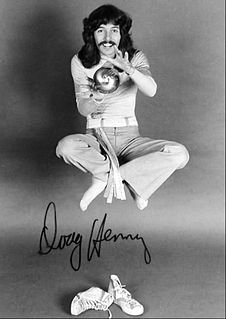A Quote by James Baldwin
I often wonder what I'd do if there weren't any books in the world.
Related Quotes
Few of those who fill the world with books, have any pretensions to the hope either of pleasing or instructing. They have often no other task than to lay two books before them, out of which they compile a third, without any new material of their own, and with very little application of judgment to those which former authors have supplied.
Aristotle said that philosophy begins in wonder. I believe it also ends in wonder. The ultimate way in which we relate to the world as something sacred is by renewing our sense of wonder. That's why I'm so opposed to the kind of miracle-mongering we find in both new-age and old-age religion. We're attracted to pseudomiracles only because we've ceased to wonder at the world, at how amazing it is.
Wonder was the grace of the country. Any action could be justified by that: the wonder it was rooted in. Period followed period, and finally the wonder was that things could be built so big. Bridges, skyscrapers, fortunes, all having a life first in the marketplace, still drew on the force of wonder.
When you talk to people about the books that have meant a lot to them, it's usually books they read when they were younger because the books have this wonder in everyday things that isn't bogged down by excessively grown-up concerns or the need to be subtle or coy... when you read these books as an adult, it tends to bring back the sense of newness and discovery that I tend not to get from adult fiction.




































